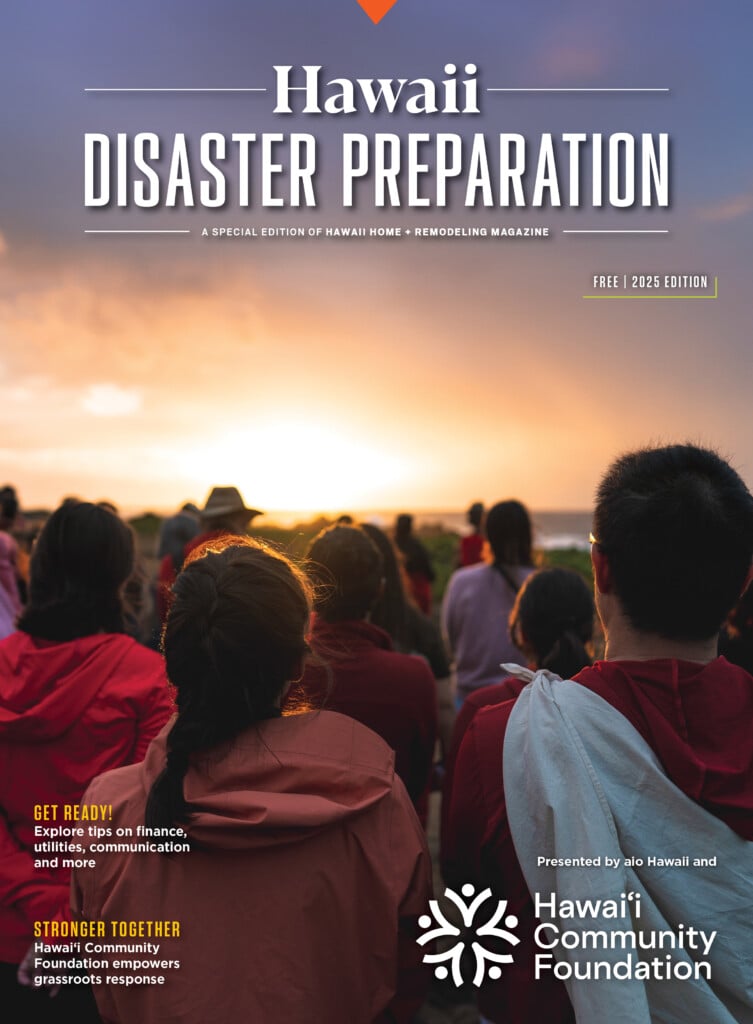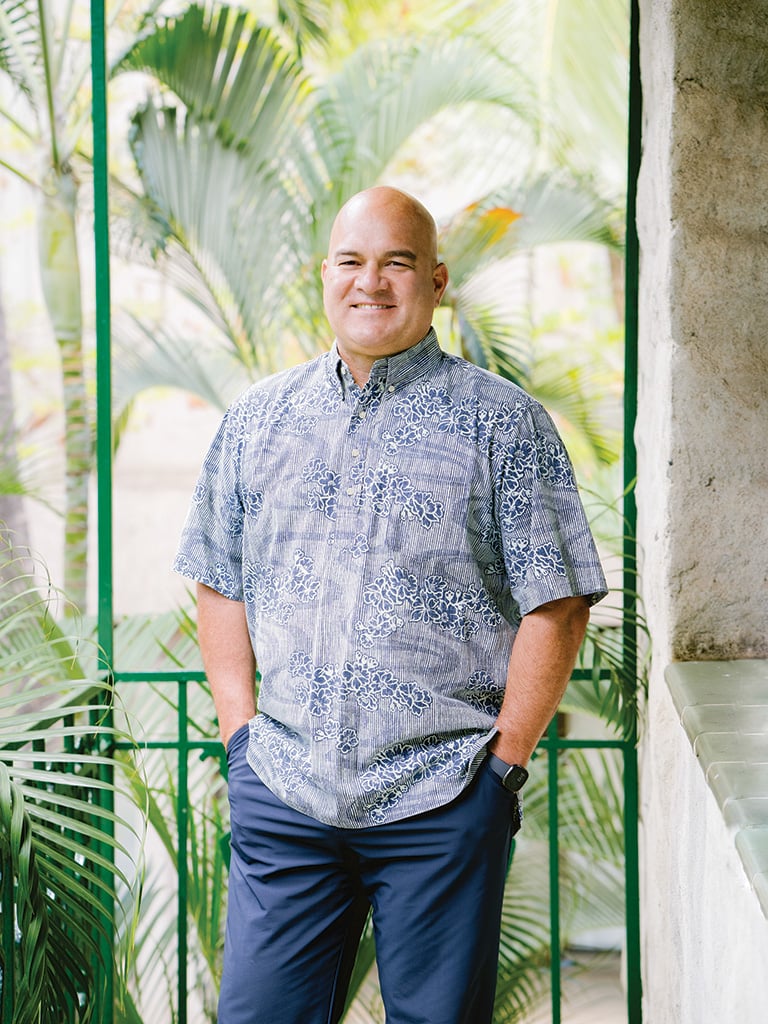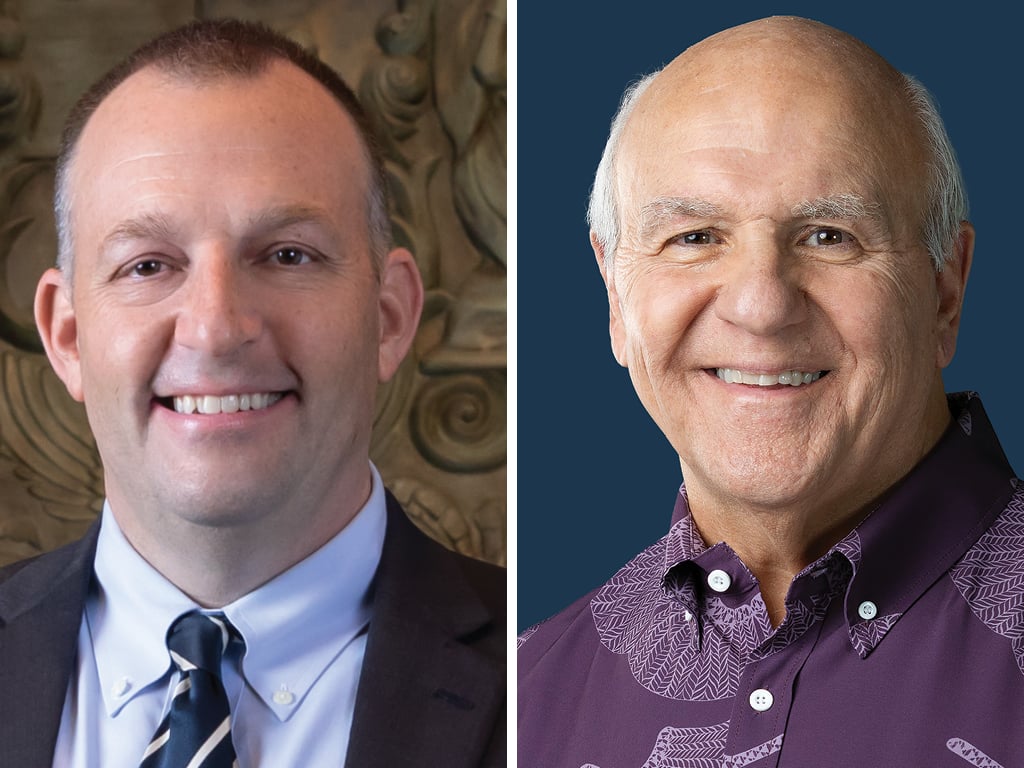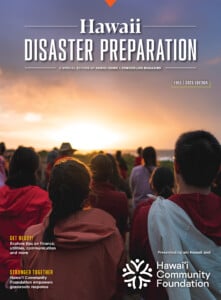A Deep Dive on Disaster Insurance for Homeowners
What your policy might not cover — and why it matters.
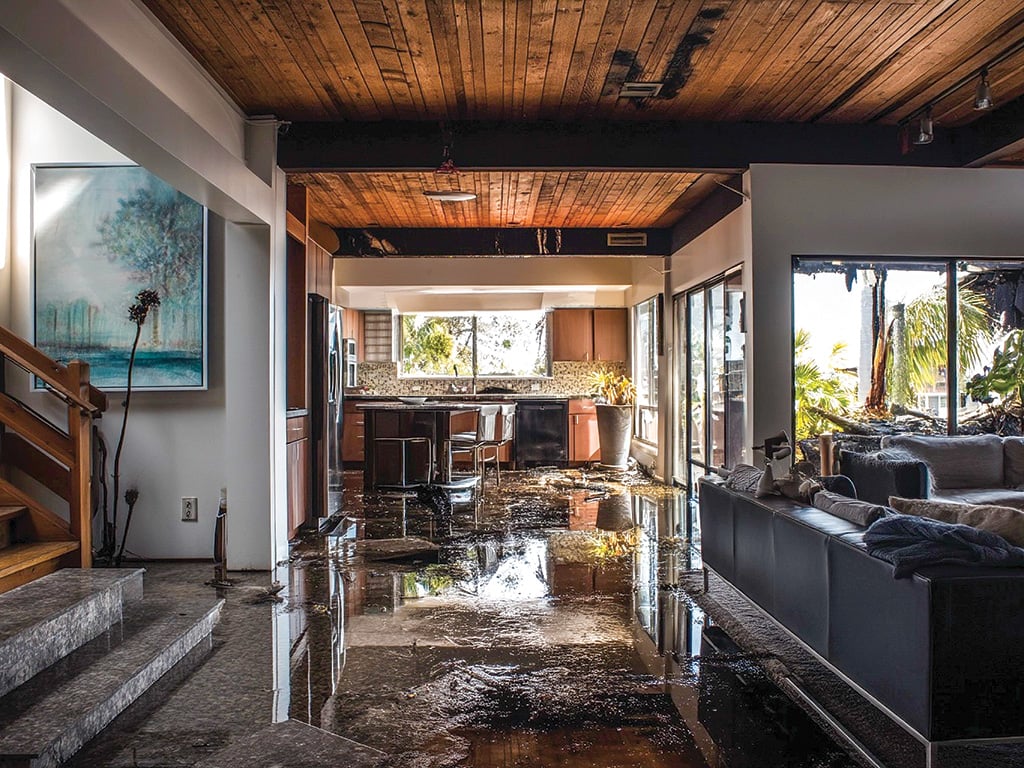
Featured photo: Damage from floods and hurricanes is typically not covered under standard homeowners insurance. Contact your insurance agent to add specialized disaster coverage.
Navigating the nuances of home insurance can feel like shopping for a car, says Jonathan Fujinaka, an agent at Pyramid Insurance in Honolulu. There are many options to choose from, with benefits and trade-offs that require research and evaluation to find the best fit for your needs. A strategic approach starts with breaking down your coverage so you’re informed and protected in the event of a disaster.
“Don’t take it for granted that you have an agent,” says Fujinaka. “You are still the owner of the policy and are provided a large policy packet with the insuring agreement. Take the time to read it and ask questions to your associate or agent.”
It’s important to understand that standard homeowners insurance doesn’t automatically cover all types of disasters. A typical policy provides financial protection for your home and belongings in case of damage or loss from events such as fire, theft, vandalism and certain weather incidents. It usually covers the structure of the home, personal property, liability for injuries on the property, and additional living expenses if the home becomes uninhabitable. In Hawaii, lenders require homeowners insurance for any home with a mortgage.
A major challenge for buyers and homeowners is knowing what’s actually covered, says Sharilyn Tanaka, senior vice president at Atlas Insurance. Most homeowners insurance policies do not include hurricane coverage, which must be purchased separately before a storm warning is issued. Flood insurance is another common gap.
“After the purchase of a home, most homeowners forget about their homeowners insurance policy since the premium may be paid through the mortgage company,” says Tanaka. “It would be best practice to review your homeowners policy with your insurance agent after you have settled into your home, so you are aware of the coverage included and excluded.”
Reina Miyamoto of the nonprofit Hawaii HomeOwnership Center notes that buyers using financing to purchase a single-family home are typically required to obtain hurricane insurance with 100% replacement coverage. Condo buyers must check whether their association’s policy meets the lender’s criteria — if not, they may need to make a larger down payment. Depending on the location of the property, flood insurance may also be required.
“Homeowners with a mortgage need to maintain their required insurance coverage,” says Miyamoto. “If they don’t, the lender can impose force-placed insurance. In most cases, the lender-imposed policy will be more expensive than what the homeowner can get on their own, and the cost will be charged to the homeowner.”
Older homes pose additional challenges. Dated electrical, roofing, plumbing and paint can disqualify a home from coverage, explains Fujinaka. Insurance carriers may require inspections and updates before issuing or renewing a policy. Misrepresenting property conditions can result in denied claims or canceled coverage.Homeowners should think of insurance as protection against catastrophic loss, not a savings account, adds Fujinaka. Reviewing your policy regularly and maintaining a relationship with your agent can help avoid costly surprises.
“Think of us as Ala Moana Shopping Center, and the stores are the carriers we represent and have access to,” he says. “As an independent agent with Pyramid, I’m your personal shopper at the mall, and I’ll ask the questions and translate the insurance jargon to make things easier.”



